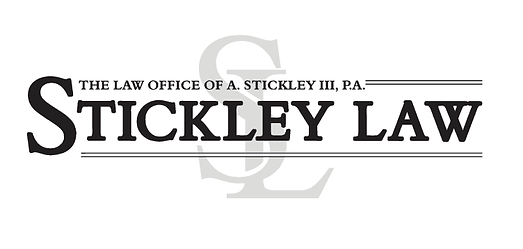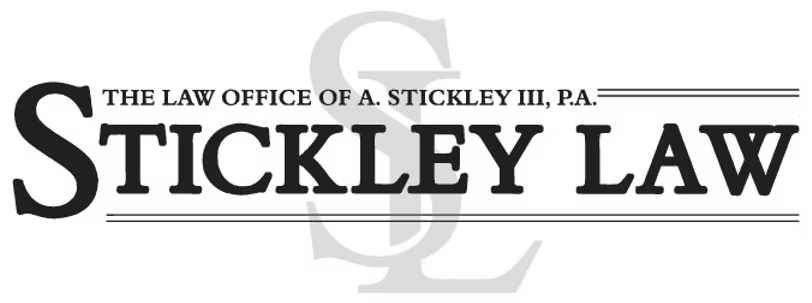In the realm of estate planning, trusts are pivotal tools that help individuals manage and protect their assets. They are not just reserved for the wealthy, but are valuable mechanisms for anyone looking to ensure their estate is handled according to their wishes. One of the key decisions in this process is choosing between a revocable and an irrevocable trust—or what I like to call, the flexibility vs. protection debate. Let's dive in and explore these options.
Understanding Trusts
At its core, a trust is a private legal document created by a grantor, who sets it up to hold designated assets like real estate or bank accounts. A trustee is then appointed to manage these assets and ensure they get distributed to the intended beneficiaries. It's a way of ensuring your wishes are honored, even when you’re not around to give directions.
Exploring Revocable Trusts
Revocable trusts are akin to having a master key—you get to keep control and flexibility over your assets while you’re alive. Here are some notable points:
- The ability to bypass probate, which simplifies asset transfer.
- You can modify or revoke the trust as life events occur.
- An excellent way to hold investment or retirement accounts.
On the flip side, it’s important to note revocable trusts don’t offer tax benefits. State taxes still apply, and assets remain part of your estate, which means they’re vulnerable to lawsuits and creditors. Imagine setting one up to simplify inheritance for your kids, sparing them the complexities of probate.
Diving into Irrevocable Trusts
Irrevocable trusts represent a more permanent decision. You essentially transfer ownership of your assets, making changes difficult without the agreement of beneficiaries. Consider these advantages:
- Potential exclusion from estate taxes.
- Enhanced protection from creditors and legal claims.
But, be wary—once established, you lose control over the assets, making amendments challenging. Picture using this trust type to shield assets from creditors during financial unpredictability.
Comparing the Trust Types
The primary distinction stands clear—revocable trusts provide flexibility, whereas irrevocable trusts offer added protection and the possibility of reducing estate taxes. When deciding, consider your estate's value, your tax planning aspirations, and your need for asset protection.
Ultimately, choosing the right trust is essential for aligning with your financial goals and estate planning needs. We recommend consulting with our estate planning firm to explore which trust option best suits your unique circumstances.

